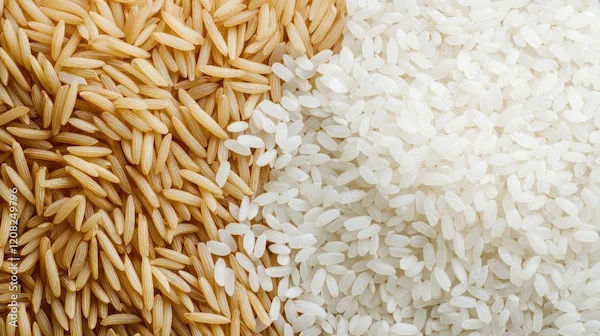Coronavirus Transmission and Sexual Activity
know about coronavirus transmission through sexual activity, how it happens, symptoms and how to reduce the risk of transmission.


Introduction
The COVID-19 pandemic has raised many questions about how the virus spreads, including whether it can be transmitted through sexual activity. If you're concerned about staying safe while maintaining intimacy with your partner, this article will help you understand the risks and precautions you can take.
Can Coronavirus Spread Through Sexual Activity?
Yes, COVID-19 can spread during sexual activity, but not necessarily through the sexual act itself. The primary way the virus spreads is through respiratory droplets when an infected person coughs, sneezes, talks, or breathes heavily. Since sexual activity involves close contact, there is a risk of transmission if one partner is infected.
How Does Transmission Happen?
1. Close Contact – Kissing, hugging, or being face-to-face increases the risk of inhaling respiratory droplets.
2. Saliva Exchange – Deep kissing can transmit the virus if one partner is infected.
3. Shared Surfaces – If hands or objects (like sex toys) are contaminated and then touch the mouth, nose, or eyes, infection can occur.
Consult a top general Practitioner for the best advice
Symptoms to Watch Out For
If you or your partner experience any of these symptoms, it’s best to avoid close contact and get tested:
Fever or chills
Cough
Shortness of breath
Fatigue
Loss of taste or smell
Sore throat
Body aches
Some people may have no symptoms (asymptomatic) but can still spread the virus.
How to Reduce the Risk of Transmission?
You can still enjoy intimacy while minimizing the risk of COVID-19 by following these precautions:
1. Get Vaccinated
Vaccination reduces the severity of illness and lowers transmission risk.
2. Use Protection
Wear masks if you or your partner are at high risk.
Avoid kissing if either of you has symptoms.
3. Maintain Hygiene
Wash hands before and after intimacy.
Clean shared surfaces (like sex toys) with soap and water.
4. Limit Partners
Being in a mutually monogamous relationship reduces exposure risk.
Avoid sexual contact if you or your partner has been exposed to COVID-19.
5. Communicate Openly
Discuss vaccination status, recent exposures, and symptoms with your partner.
What If You or Your Partner Tests Positive?
Following things should be done:
Isolate for at least 5 days (or as per current guidelines).
Avoid close contact, including sexual activity, until recovery.
Consult a doctor if symptoms worsen.
When to Seek Medical Help?
If you experience severe symptoms like:
Difficulty breathing
Persistent chest pain
Confusion or inability to stay awake
Bluish lips or face
Seek emergency care immediately.
Final Thoughts
While sexual activity does carry some risk of COVID-19 transmission, taking precautions can help you stay safe. Open communication, good hygiene, and vaccination are key to protecting yourself and your partner. Follow your doctor's advice for a safe and healthy life.
Consult a top general Practitioner for the best advice
Consult a top general Practitioner for the best advice

Dr Syed Mateen Pasha
General Physician
2 Years • MBBS
Bengaluru
PRESTIGE SHANTHINIKETAN - SOCIETY CLINIC, Bengaluru

Dr. Syed Ismail Ali
General Practitioner
7 Years • MBBS
Hyderabad
Apollo 24|7 Clinic, Hyderabad

Dr. Bhukya Pavan Kalyan
General Physician
5 Years • MBBS DNB Paediatrics
Bengaluru
PRESTIGE SHANTHINIKETAN - SOCIETY CLINIC, Bengaluru

Dr. Madhuri Sai Sreepada
General Practitioner
9 Years • MBBS
Hyderabad
BRIGHT SMILES MEDICARE & DENTAL CARE, Hyderabad
Dr. Karanam Kondalamma
General Practitioner
4 Years • MBBS
Hyderabad
KK Clinic, Hyderabad




.webp)